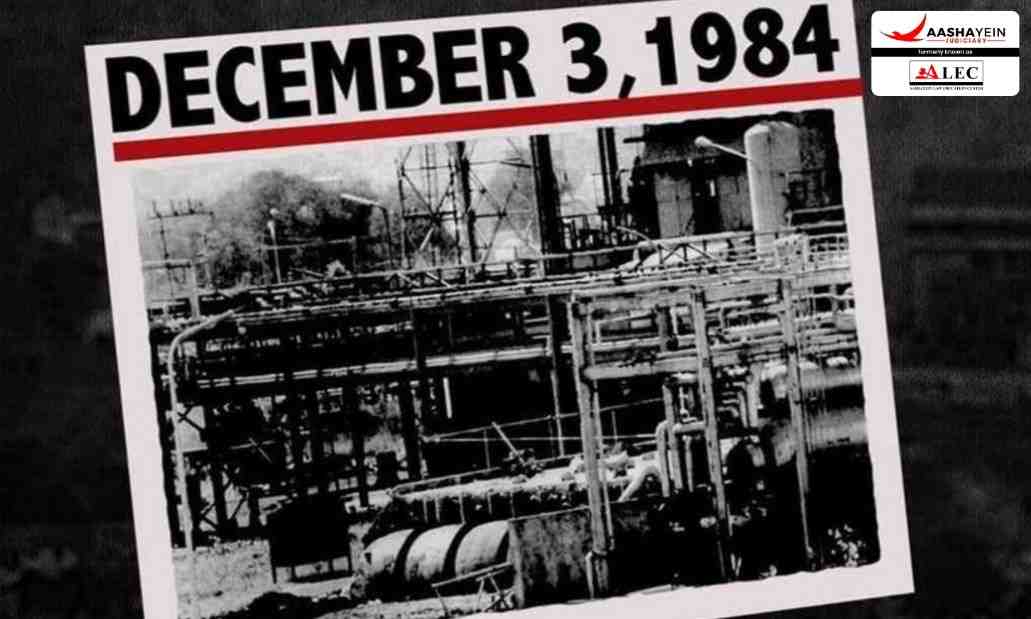The Bhopal gas tragedy, which happened 40 years ago on December 3, 1984, remains one of the worst examples of corporate human rights violations. Even after all these years, survivors continue to face the lasting impact of the disaster, and the challenge of providing them with adequate support persists.
Background of the disaster
In the early hours of December 3, 1984, a deadly gas leak occurred at a pesticide factory near Bhopal, India. Around 27 tonnes of the highly toxic chemical methyl isocyanate (MIC) leaked into the air, spreading across the city. The tragedy claimed around 10,000 lives within just three days, and the long-term effects have been devastating. Over 22,000 people have died from the exposure since then, and more than 500,000 continue to suffer from severe health issues. Even today, the site remains contaminated and poses serious risks to the environment and public safety.
Legal battle: Principle of absolute liability
The principle of "absolute liability" was applied in this case, introduced into Indian law through the landmark M.C. Mehta vs. Union of India case, also known as the Oleum Gas Leak Case. This rule imposes a strict level of responsibility on individuals or organizations involved in hazardous activities, making them fully accountable for any harm caused. Unlike the "strict liability" rule from Rylands v. Fletcher, which allows for certain defenses or exceptions, absolute liability does not permit any excuses or exemptions.
For example, if a chemical factory experiences a gas leak that harms the surrounding population, the company will be held completely liable for the damage, regardless of precautions taken or unexpected circumstances. This principle is based on the idea that businesses benefiting from dangerous activities must also take full responsibility for any harm caused to the public. It aims to ensure accountability and prioritize public safety.
In the case of the Bhopal Gas Tragedy, the Indian government sought $3.3 billion in compensation from Union Carbide Corporation in a U.S. court. However, by 1986, these cases were transferred to Indian courts under the principle of forum non conveniens, ensuring the matter was dealt with in a more appropriate jurisdiction.
You can also read the latest judgment by visiting [Latest Judgment].
For more information, visit [Aashayein Enquiry Section]
Bhopal Gas Leak Disaster (Processing of Claims) Act, 1985
The Bhopal Gas Leak Disaster (Processing of Claims) Act, 1985, was passed by Parliament to give the Central Government the authority to handle claims related to the tragedy in a fair and efficient manner. This law allowed the Union Government to act as the victims' legal representative and file lawsuits on their behalf.
As part of the resolution, Union Carbide Corporation and the Government of India agreed to an out-of-court settlement of $470 million as a full and final settlement of all claims. However, this settlement has been widely criticized for being grossly inadequate. It capped the company's liability, preventing victims from making further claims in the future.
The insufficiency of the compensation is clear when compared to the original claim of $3.3 billion. The amounts awarded—Rs. 1 lakh for deaths, Rs. 50,000 for permanent injuries, and Rs. 25,000 for temporary injuries—fell far short of addressing the immense suffering caused by the disaster. This gap highlights the significant mismatch between the relief provided and the actual losses endured by the victims.
The tragedy continues
Even after 40 years, the tragedy still haunts the people of Bhopal. Despite multiple court orders, hundreds of tonnes of toxic waste remain at the UCIL site. A government study from 2010 found that along with 337 tonnes of toxic waste, about 1.1 million tonnes of soil is polluted, and the groundwater is contaminated with harmful chemicals and heavy metals. This ongoing environmental damage continues to affect the health of the residents in the area.
Conclusion
The Bhopal disaster is a powerful reminder for developing countries like India about the dangers of rapid industrialization. Despite government efforts, such as establishing the Ministry of Environment and Forests (MoEF) to curb harmful industrial practices, threats to the environment and human health remain. Grassroots organizations have also played a key role in resisting unchecked development. However, with India’s fast-growing economy, industries continue to pollute, causing serious harm to both the environment and public health. To truly honor the lessons from Bhopal, stronger measures are needed to protect people and the environment as industrialization progresses.

